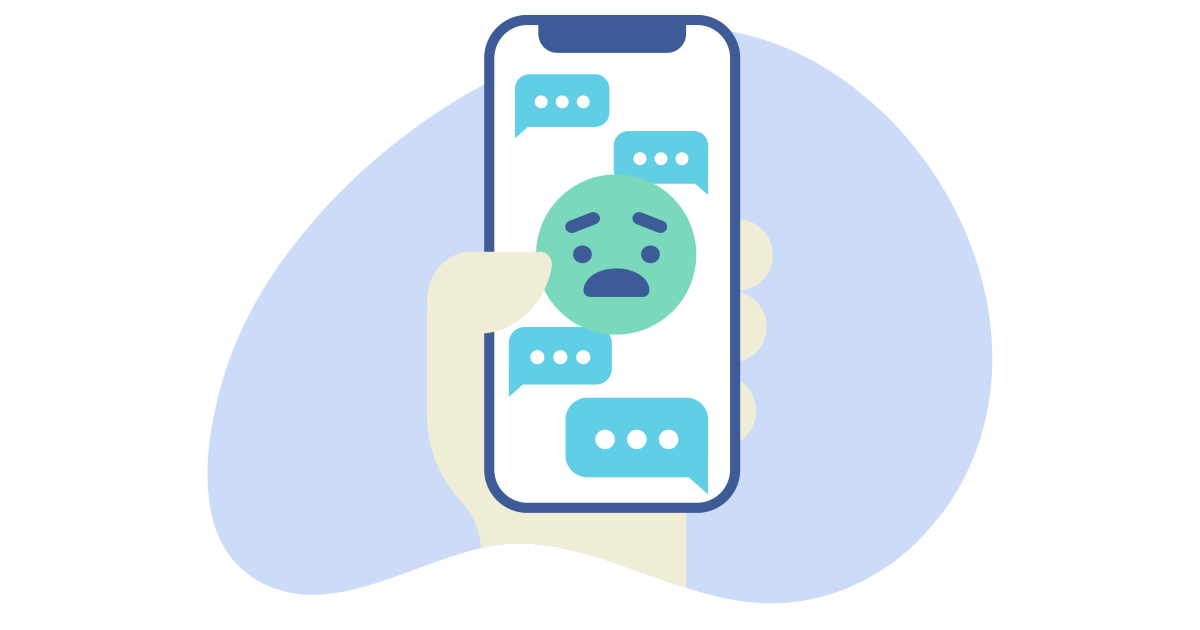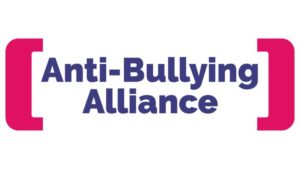Cyberbullying
Advice for young people
Learn about what is cyberbullying, how to recognise it and what to do about it if it happens to you or a friend.

You are in: The hard stuff
What is cyberbullying?
Cyberbullying is bullying using any technology. Cyberbullying is bullying that happens online through social, gaming or instant messaging platforms.
How to recognise it
These are all signs of cyberbullying:
- Being called names and it is not fun or friendly.
- Being made to feel frightened.
- Being forced to do something you did not want to do.
- If you are getting insults to do with special needs, disability, race, religion or sexual orientation.
- If someone is spreading rumours about you to people you know.
- If someone is sharing photos of you without your consent.
- If someone is bullying you about how you look.
- If someone is trying to pressure you into doing something just so that you can stay friends with them.
Other actions might include
- Pretending to be you by hacking your social media account.
- Starting fights on purpose because some people like to watch or film them.
- Stalking or keeping track of someone and controlling them.
- Someone who is not who they say they are.
I have seen someone being cyberbullied
What should I do?
- Avoid sharing the cruel messages on social media, bullies want an audience and if you do not share it, fewer people will see it.
- Say a few kind words or send a supportive message on social media to the person being cyberbullied.
- Tell a trusted adult. If it is happening among people at school, tell a teacher, parent/carer or someone who supports you.
I have said hurtful things online to someone
What should I do?
- It is easy to say hurtful things in the middle of an argument or when we feel angry. When things calm down you might want to put things right.
- You can send a message or talk to the person saying sorry and explain how you were feeling at the time.
- If you are close friends, a joke or an emoji can help –thinking about the other person and their feelings.
- You can ask your school if they could help – such as a meeting between yourselves and a teacher who asks you certain questions. These questions can help you see how the other felt and what harm the hurtful behaviour has caused.
I am being cyberbullied
- Tell an adult you trust
- Block the sender
- Try not to reply back – it can make things worse
- Keep the evidence or ask someone to help you do this and be sure to say how often this has been happening
- If it is someone at school, please tell a teacher or another adult at school
- If it is a message with sexual content that upsets you, talk to a trusted adult and together you may report it
- You might prefer to call a helpline like Childline on 0808 1111 or visit https://www.childline.org.uk






